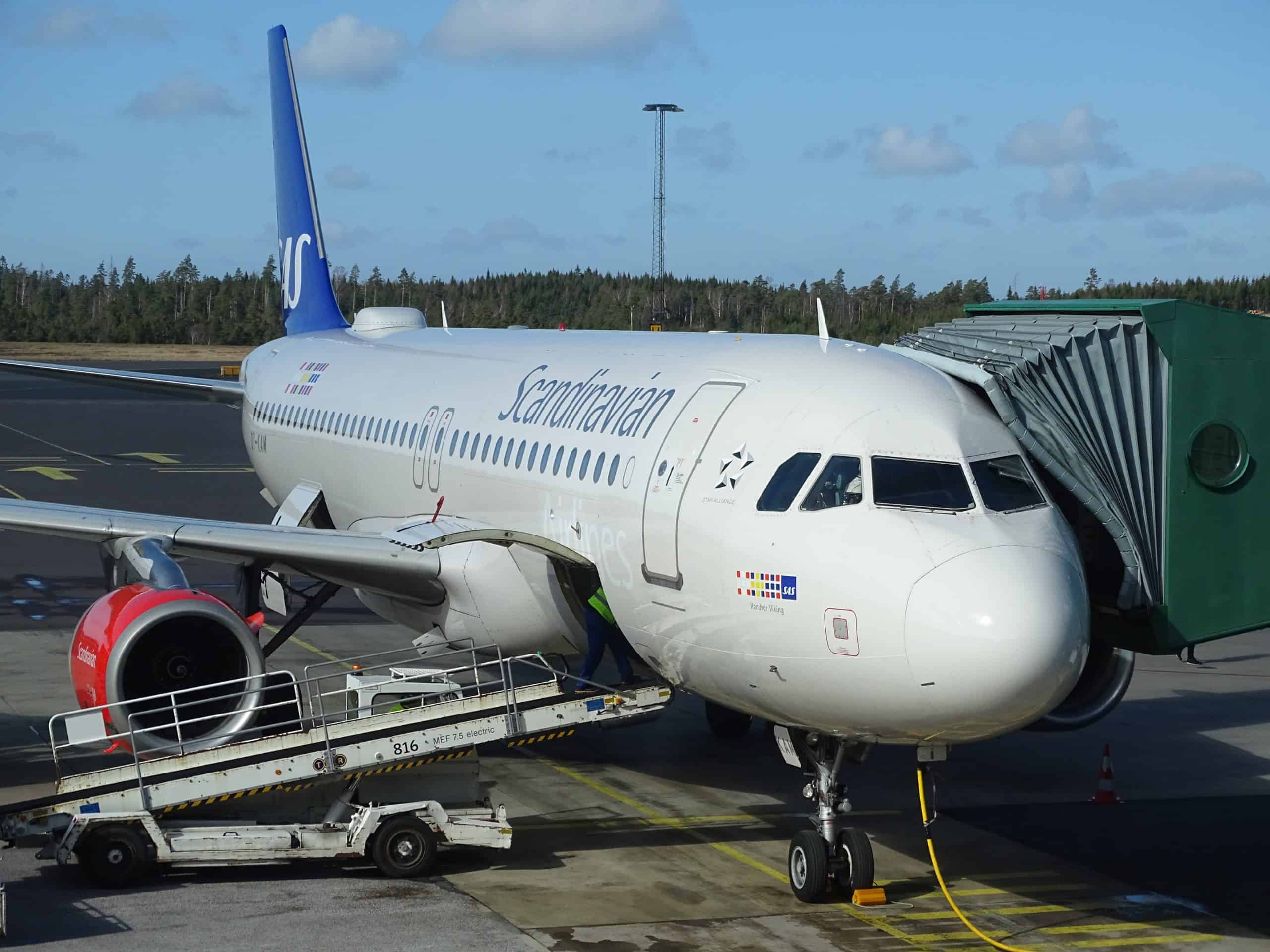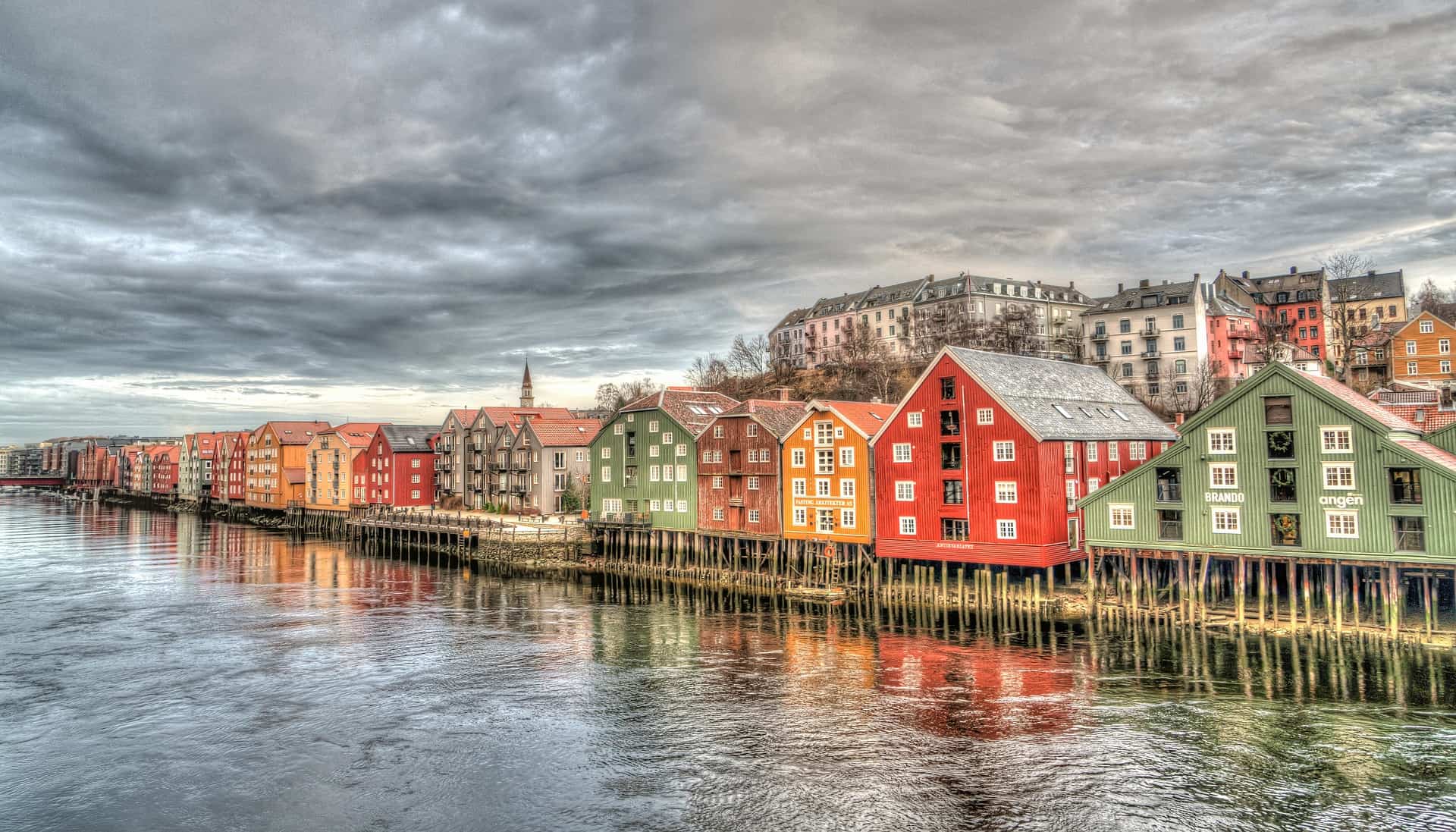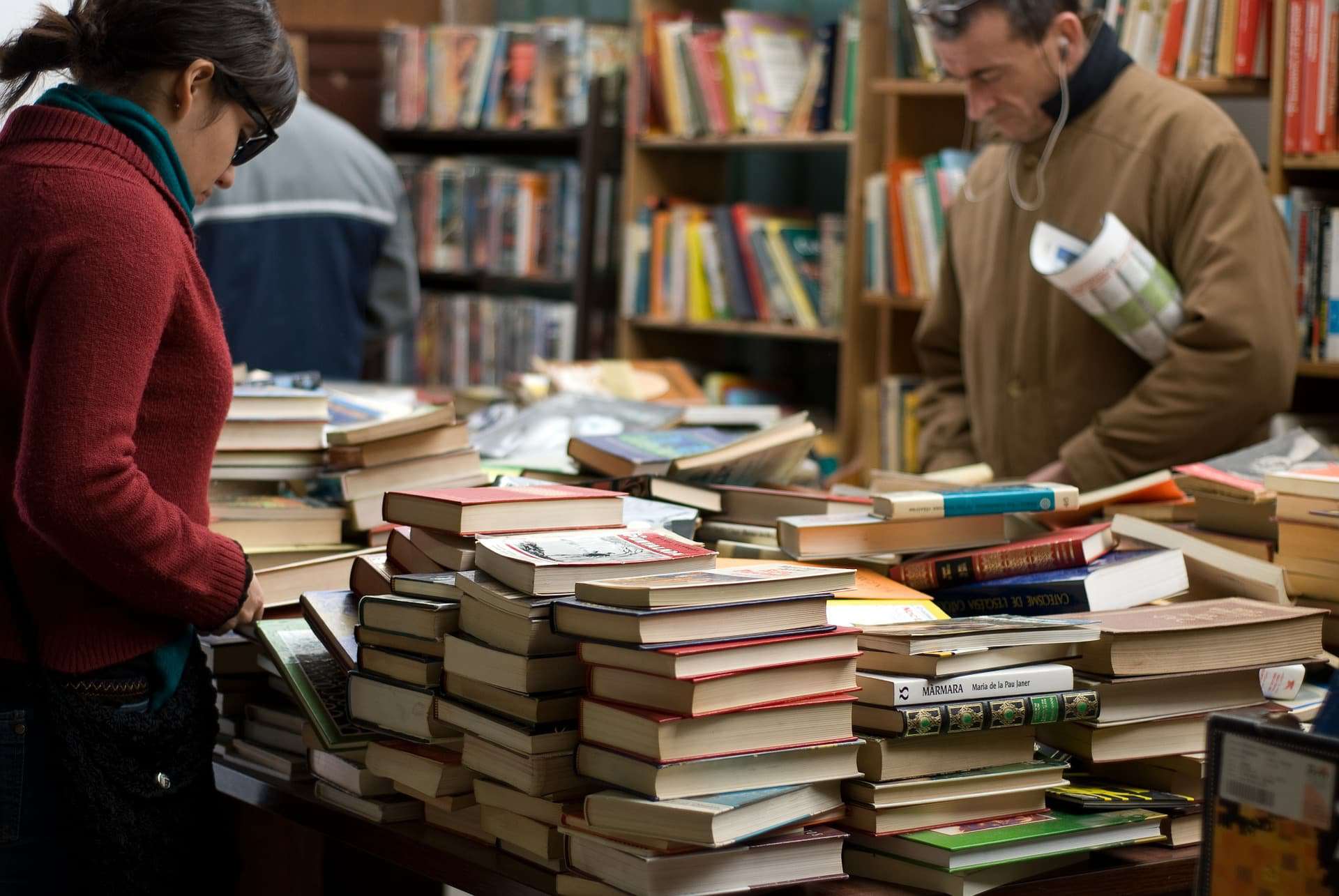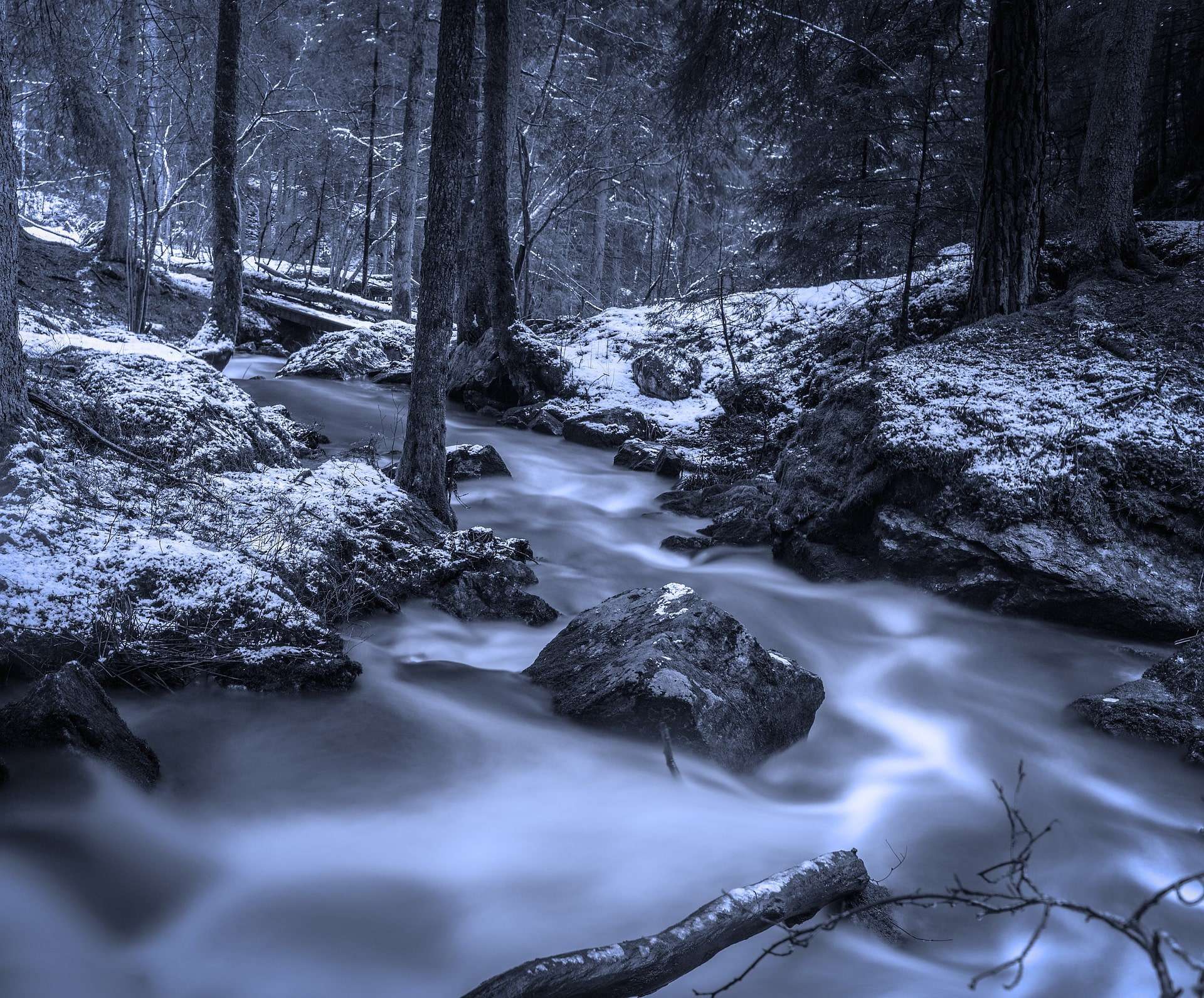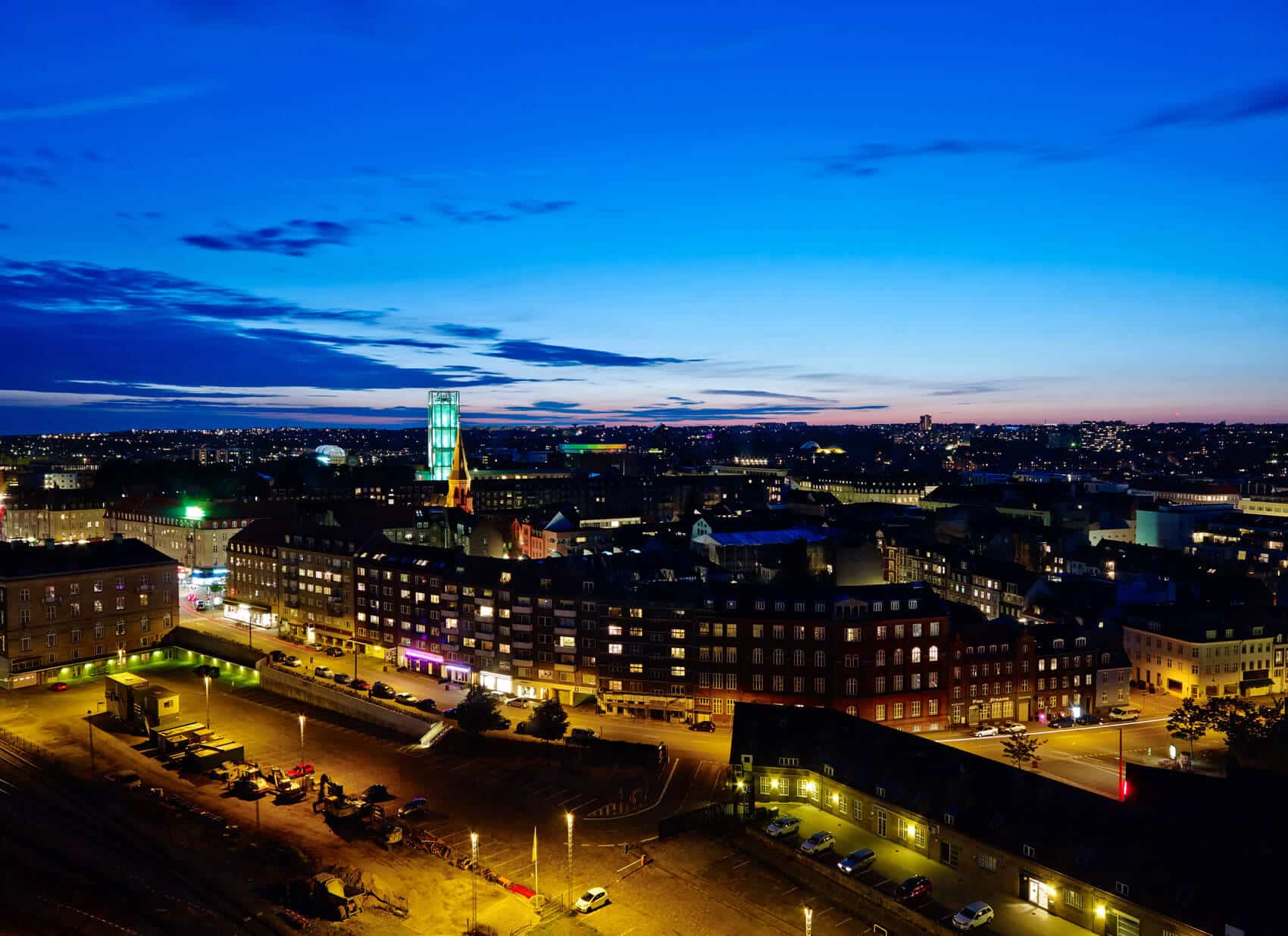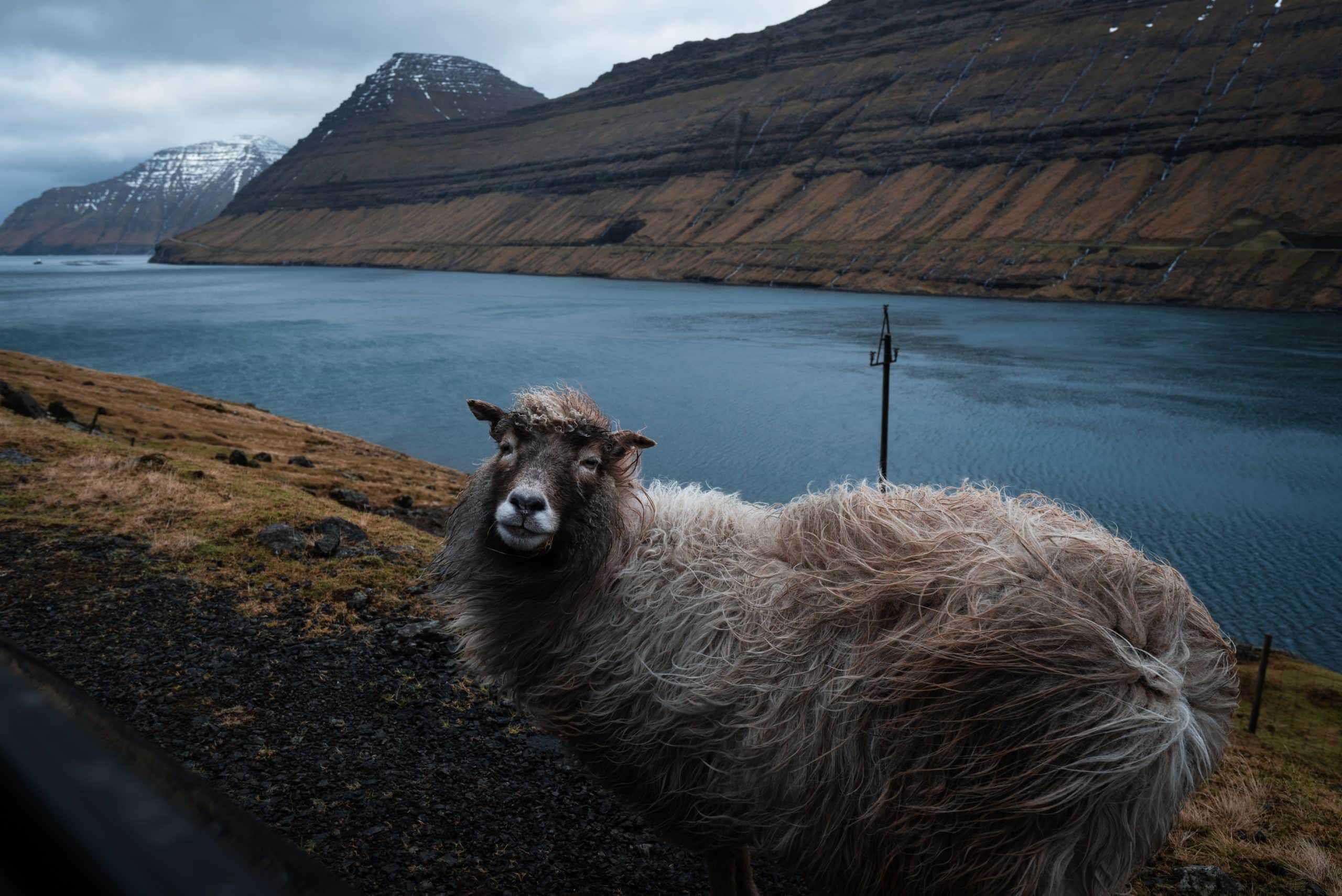
All About The Faroe Islands
The Faroe Islands is an autonomous territory under the Kingdom of Denmark, which makes it a part of Scandinavia. The North Atlantic archipelago is located in the North Atlantic having 18 small islands made up of tall mountains, narrow fjords, and cliffs.
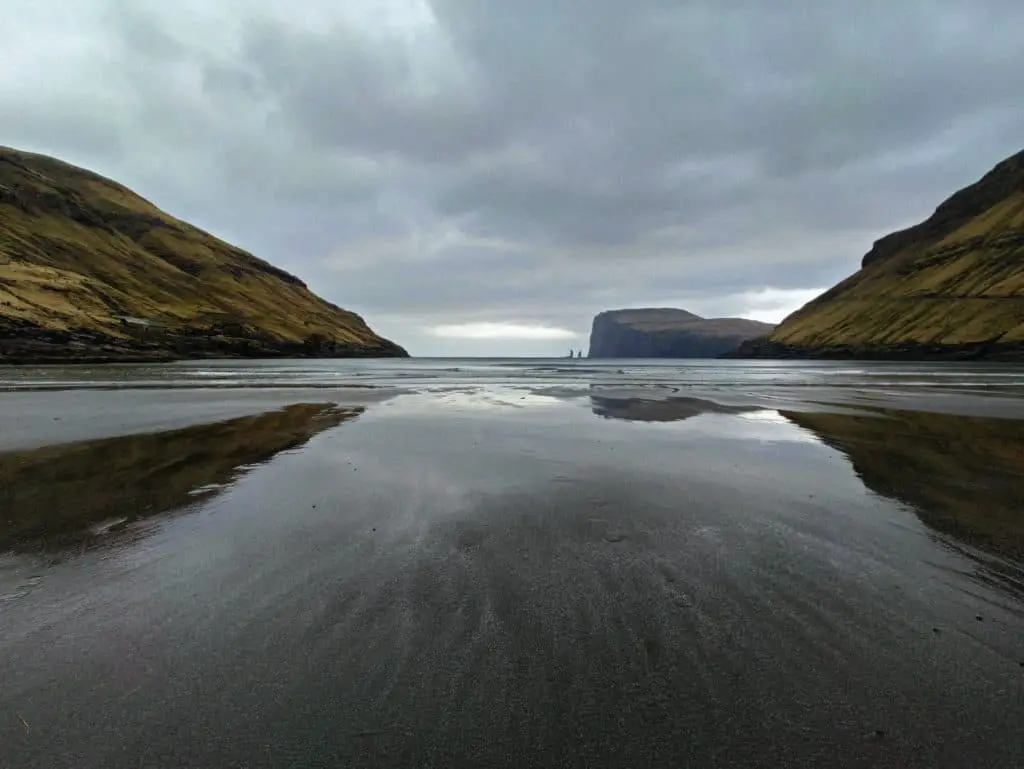
Positioned strategically between Europe and North America, the Faroe Islands are only a couple of hours’ flight from the metropolitan centers in Northern Europe.
Upon arrival, the scenery provides visitors a ravishing natural experience in a society with advanced infrastructure and digital networks.
Nature & Environment
Faroe island has a beautiful nature and relatively stable weather. The changes in wind, currents, and altitude cause the indeterminable weather that makes up the islands.
That means you can experience snow, rain, followed by the sun or basically all four weather seasons in one day.
Over time, the Faroese people have learned to adjust to the uncertain weather of the islands. With developed skills and expertise made the most use of the available natural resources.
Therefore, the conservation of natural resources is vital to the people of the Faroe Islands.
People & Society
The people of Faroe islands are the Norse descendants that established the islands in the 9th century AD and the Faroese language is derived from the language of these Norse settlers.
Faroe island has a population of 50,000. Its political and demographic landscape makes up a small albeit accurate scale model of a Nordic society of several million people.
The Faroese society is built on the Scandinavian welfare model and citizens are eligible for several publicly financed services. The standard of living in this region according to GDP per capita is one of the highest.
Arts & Culture
The Faroe island offers overflowing creativity and innovation with a thrilling mixture of cultural experiences in fields such as art, literature, music, art, gastronomy, crafts, and design. However, the Faroe Islands have retained the importance of traditions of old while still allowing new innovative forces to flourish.
Secluded in the North Atlantic, a rich and unique culture developed in the Faroe Islands. Although, access to tools, materials, and instruments was very limited, Faroe Island had a strong vocal and oral tradition which played an important role in the Faroese cultural heritage with storytelling, ballad, dancing and singing.
Economy & Business
The Faroe Islanders are a seafaring people and maritime experts. Over the years, they have acquired the necessary skills to help them make good use of the resources of the North Atlantic, and today Faroe Islands are the major exporters of seafood to all six continents.

The Faroese business sector has become more diversified. Essential and promising commercial enterprises such as IT & Telecommunications, petroleum businesses, financial services, shipping, maritime services, civil aviation, tourism and other creative industries are well established, while others are up-and-coming.
Presently the economy of Faroe Island is ranked among the world’s highest based on GDP per capita.
Government & Politics
The Faroe islands are a self-governing nation with great independent powers and responsibilities within the Kingdom of Denmark.
The political system in the Faroe islands is a variation of the Scandinavian style of parliamentary democracy having sole competence to legislation and independent governance in a wide range of areas such as external trade relations, taxation, customs, fisheries management, financial policy, business regulation, and all other utilization of the resources.

